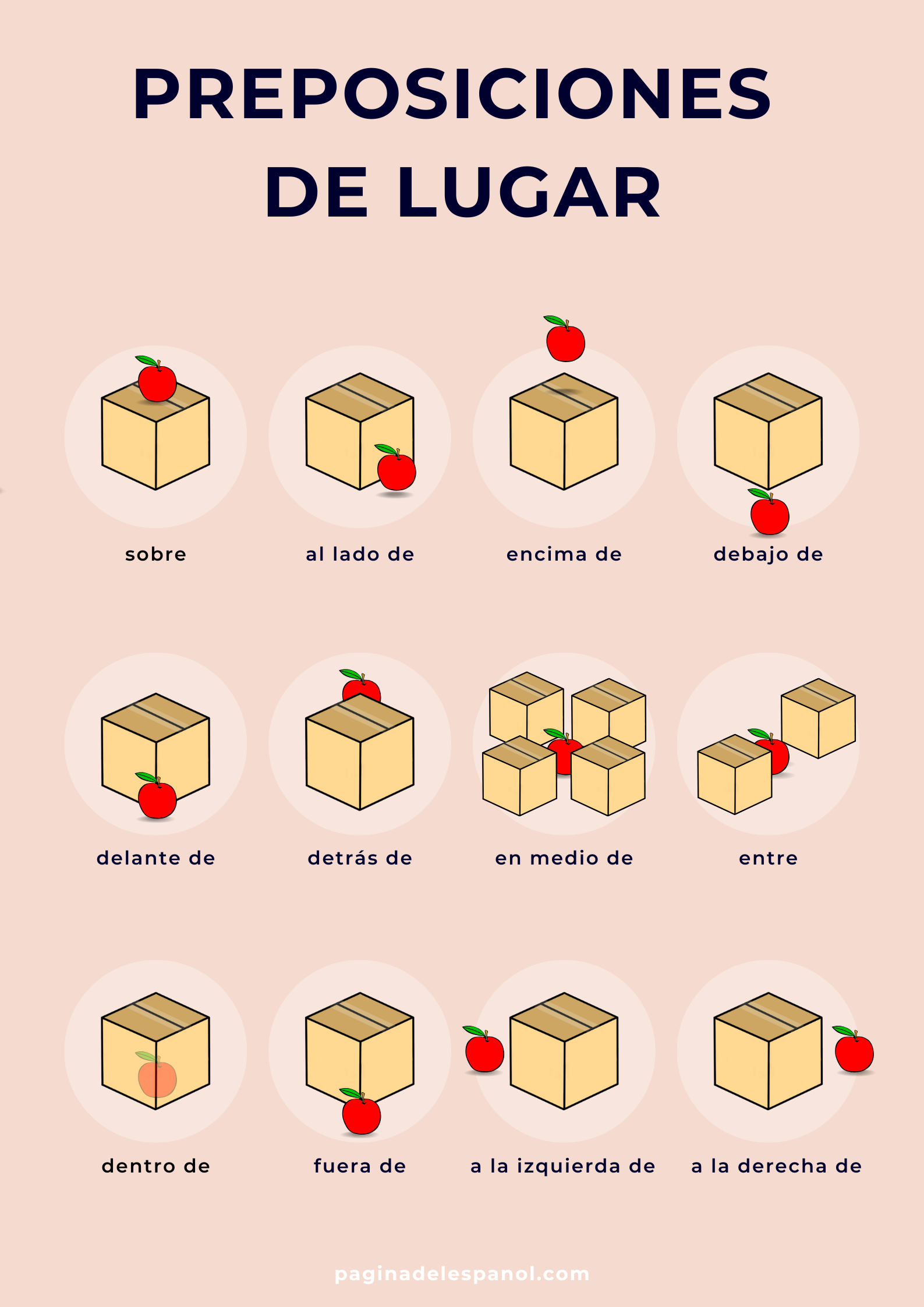Semana 3
Los cumpleaños y la edad
Días de la semana |
Meses del año |
Estaciones del año |
| enero | ||
| febrero | ||
| lunes | marzo | primavera |
| martes | abril | |
| miércoles | mayo | |
| jueves | junio | verano |
| viernes | julio | |
| sábado | agosto | |
| domingo | septiembre | otoño |
| octubre | ||
| noviembre | ||
| diciembre | invierno |
Complete this quizlet to learn more about birthdays and age: quizlet
You can also play a match game using this link: match
Finally, do you want to practice a conversation with AI? Use this link: AI conversation
- Create a table with days (number), months, and age. For example:
27 marzo 21 13 octubre 25 5 agosto 19 - Talk to your classmates:
- ¿Cuándo es tu cumpleaños?
- El 5 de noviembre- You can mark #5 on your table.
- ¿Cuántos años tienes?
- 22
- ¿Cuándo es tu cumpleaños?
- Write the date and their name (when you mark one of your cells).
- When you complete a line, shout “¡LINEA!”
- When you complete all the cells, shout: “¡BINGO!”
El verbo "tener"
| Spanish | English | |
| Yo | tengo | I have |
| Tú | tienes | you have |
| Él/ Ella/ Usted | tiene | he/she/ you formal has |
| Nosotros/ Nosotras | tenemos | We have |
| Vosotros/ Vosotras | tenéis | you guys have |
| Ellos/ Ellas/ Ustedes | tienen | they/ you formal have |
Even though the main translation for "tener" is "to have", we need to remember that when we express/ talk about age, we don't use the verb "to be" in Spanish, but the verb "to have".
For example: I am 42 years old ⇒ Yo tengo 42 años.
As in english, we also use the verb "tener" to express possession.
For example: I have a dog ⇒ Yo tengo un perro.
Let's practice some conjugations:
There are some common expressions that use "tener":
| Expresiones con "tener" | |
|---|---|
| Tener que + infinitivo | to have to + infinitive |
| Tener hambre | to be hungry |
| Tener sed | to be thirsty |
| Tener frío | to be cold |
| Tener calor | to be hot (temperature) |
| Tener sueño | to be sleepy |
| Tener miedo | to be scared |
| Tener razón | to be right/ correct |
| Tener suerte | to be lucky |
| Tener prisa | to be in a hurry |
| Tener X años | to be X years old |
Do you still have questions about tener? Here is a video that might help.
Let's practice more
En el aula de español
| primer día de clase | 1st day of class |
|---|---|
| material escolar | classroom material |
| los libros | books |
| el cuaderno/ la libreta | notebook |
| el diccionario | dictionary |
| el bolígrafo/ la pluma | pen |
| el lápiz/ el lapicero | pencil |
| la goma de borrar | eraser |
| el tajalapiz/ el sacapuntas | pencil sharpener |
| el rotulador/ el subrayador | highlighter |
| el estuche | pencil box |
| las pinturas | paints |
| los papeles | papers |
| la regla | ruler |
| las tijeras | scissors |
| la mochila | backpack |
| el aula/ la clase | classroom |
| el profesor/ el maestro | professor/ teacher |
| el/ la estudiante/ el alumno | student |
| la pizarra | whiteboard |
| las tizas | chalk |
| el borrador | eraser |
| la mesa | desk |
| el ordenador/ la computadora | computer |
| la papelera | trashcan |
| la estantería | bookshelf |
| el archivador | cabinet |
| el armario | closet |
| el reloj | clock |
| el mapa | map |
| el poster | poster |
El verbo "estar" localización
- SER, para identificar
- TENER, para edad y posesión
Can you come up with 2 example using "ser" and 2 examples using "tener"?
- ¿Cómo estás?
| Estar | |
|---|---|
| yo | estoy |
| tú | estás |
| él/ ella/ usted | está |
| nosotros/ nosotras | estamos |
| vosotros/ vosotras | estáis |
| ellos/ ellas/ ustedes | están |
In this chapter, we will be focusing on using "estar" to talk about location, but in this video you can see all the uses:

Let's play:
- Describe an object in the classroom defining it by its location in relation to other objects.For example: está a sobre la mesa,
- Let's play hangman! Choose a word from the classroom vocabulary.
- Let's play pictionary.

